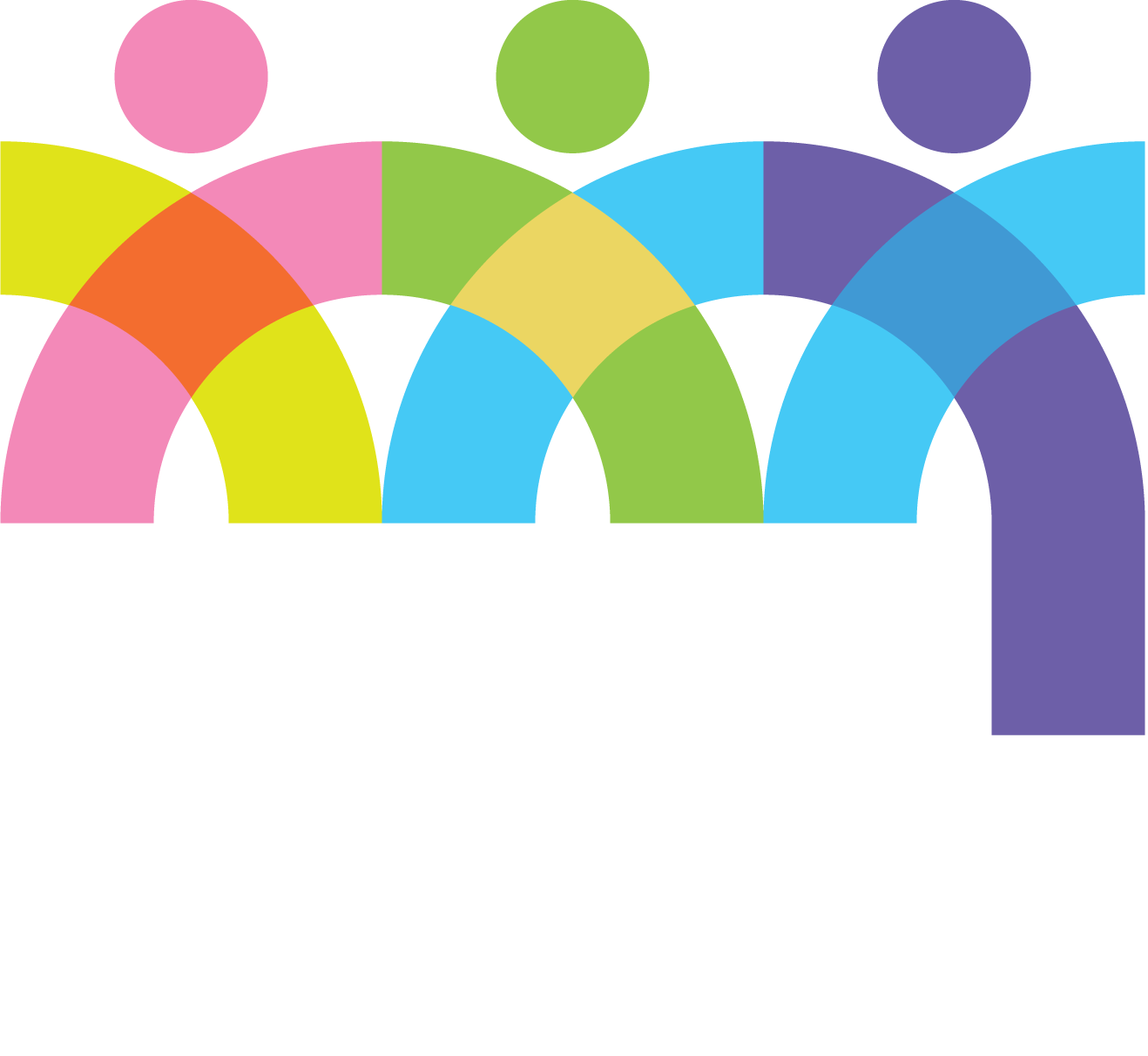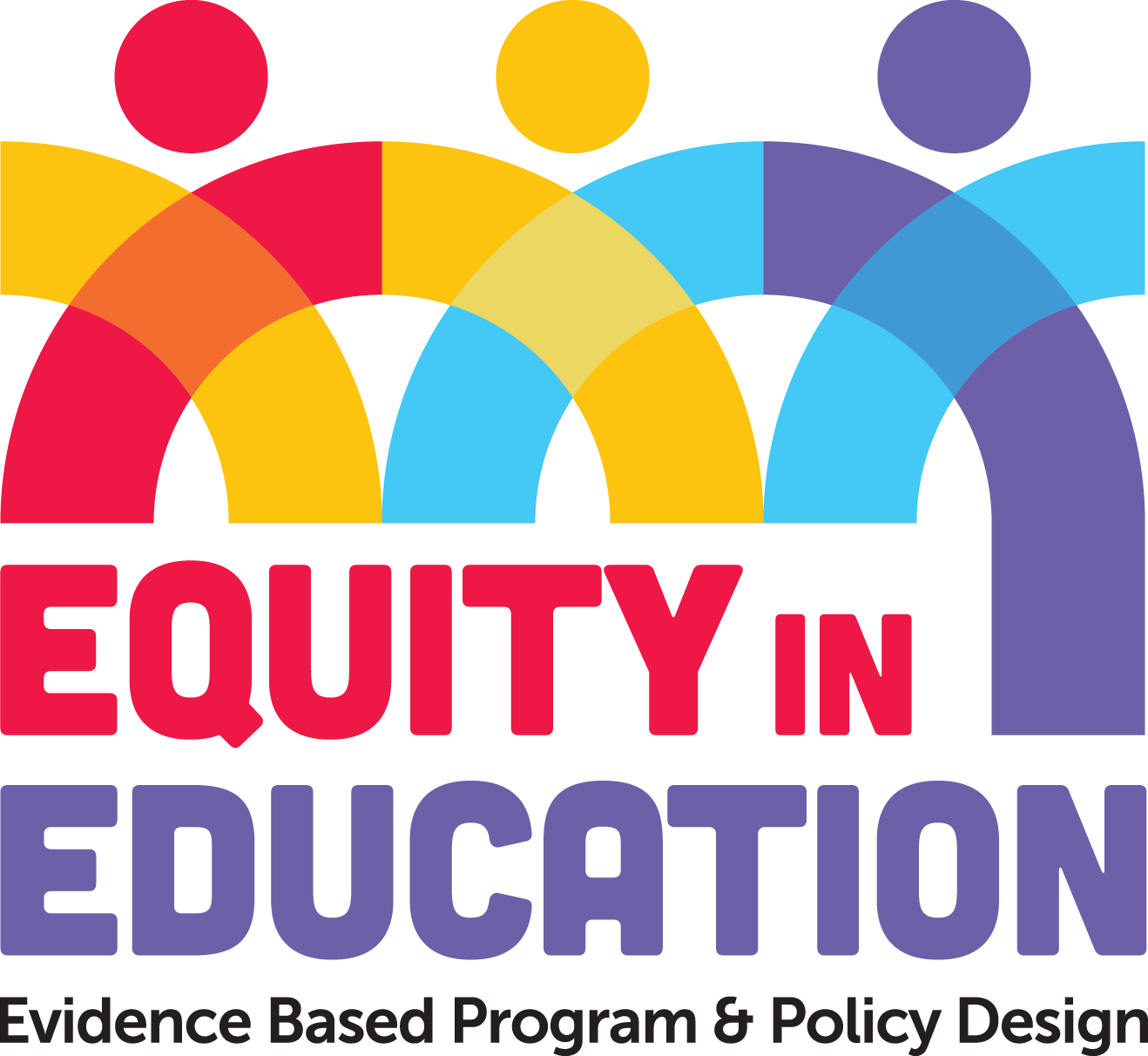Explore:
Inequities in early childhood education and care (ECEC), formal education and youth training.
Test:
Novel solutions to known problems, collaborating with stakeholders.
Create:
Knowledge mobilization tools, including evidence-informed policy.
We draw on multidisciplinary insights from many fields, including economics, applied psychology and human development, and political science. We work with researchers across Canada and abroad to answer questions, develop interventions and mobilize information.
Featured Insight…

Economic Gains from Early Childhood Education and Care: The Role of Workforce Participation
The benefits of high-quality early childhood education and care (ECEC) for children, such as increased cognitive and social-emotional development, are well-known and documented. However, ECEC also provides economic benefits for caregivers and society by supporting...
Quantitative Analysis and Methods
Redefining Learning After COVID-19
The COVID-19 pandemic has reshaped our lives and how organizations serve their communities, especially newcomers to Canada. In response to these challenges, organizations in the Greater Toronto Area, including Catholic Cross-cultural Services (CCS), have moved their...
Parental Employment Effects of Switching from Half-Day to Full-Day Kindergarten: Evidence from Ontario’s French Schools
Full-day kindergarten programs are expanding across North America, driven by a policy focus on early childhood development. These programs also affect parents’ budget sets and may lead to changes in labour market outcomes. We examine parents’ labour supply response to...
Better public child care is the engine we need for recovery post-coronavirus
On June 12, 2020, child-care centres in Ontario reopened following a lengthy period of lockdowns. This commentary article urges government action to better support this sector in recovery from the COVID-19 pandemic. Child-care centres are doing their part to support...
Intervention Creation and Testing
Beyond the mask: Decoding children’s mental health patterns amidst COVID-19 and the role of parenting
The COVID-19 pandemic has had a substantial impact on children and families worldwide. Children’s mental health has been at the forefront of pandemic research, with several observational studies documenting its decline. Limited person-centred research exists, however,...
Improving young children’s peer collaboration in early educational settings
Peer collaboration is a foundational skill that emerges in early childhood. Children spend significant time in early educational settings, making it an important setting where young children can learn how to collaborate with peers. However, research on how to support children’s collaboration effectively is limited and findings in this area have been inconsistent.
Teaching home-visitors to support responsive caregiving
Home-visiting programs are a common and effective public health approach to promoting parent and child well-being, including in low- and middle-income
countries. The World Health Organization and UNICEF have identified responsive caregiving as one key component of the nurturing care children need to survive and thrive.
Nonetheless, the importance of responsive caregiving and how to coach it is often overlooked in trainings for staff in home-visiting programs.
Designing Effective Policy Responses
Understanding Unlicensed Early Childhood Education and Care Utilization in Canada
This study examined early childhood education and care (ECEC) utilization in Canada,
focusing on use of unlicensed home child care (HCC) from an equity perspective. Data from the 2011 cycle of the General Social Survey (GSS) were used. Across Canada, parent responses reveal that 16.6% of children between the age of 12 months and entry to school were in unlicensed HCC.
Child care policy and child care burden
The policy feedback literature highlights that the design of public policies can affect recipients’ experience of those policies and programs. In this paper, we examine the largely unexplored distributional implications of market-based early childhood education and care (ECEC) services.
Charting the Rise of School Choice across Canadian Provinces
This article introduces and discusses the findings of the Canada School Choice Policy Index (CSCPI). This is the first index of its kind that measures the development of school choice policies across the Canadian provinces from 1980 to 2020 using eight unique indicators of choice.


Mailing Address
Department of Management
University of Toronto Scarborough
UTSC Instructional Centre
1095 Military Trail
Toronto, ON M1C 1A4










